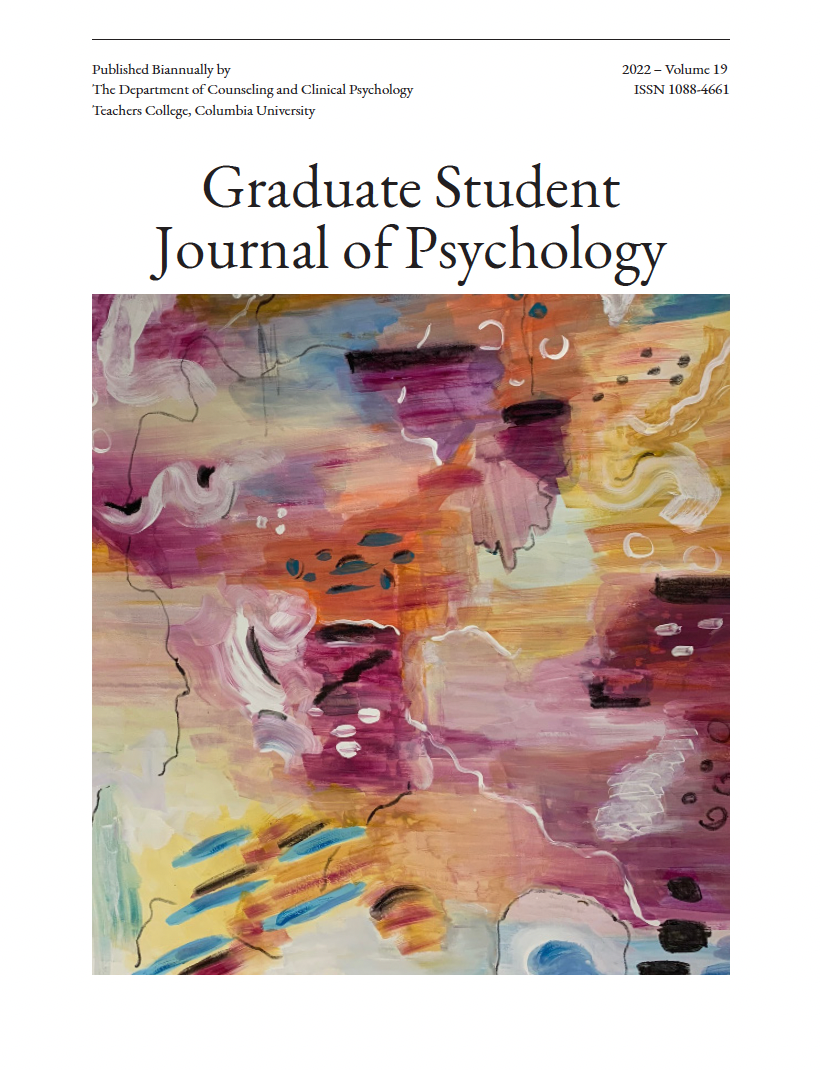Memory Self-Efficacy and Community Participation
Main Article Content
Abstract
Objective: This study examines the relationships between working memory, memory self-efficacy (MSE), and community participation among older adults.
Method: 203 United States older adults (age 55+) were recruited through MTurk to complete surveys and a memory task. A multiple linear regression was used to regress MSE and community participation.
Main Findings: Entering all variables into the model explained 45% of the variance in community participation (R2 = .45, Adj. R2 = .41, F(7, 141) T = 16.26, p < .001). MSE was positively related to community participation (β = .38, p < .001), as predicted. However, contrary to hypotheses, worse working memory (β = -.22, p = .001) and greater difficulty remembering/concentrating (β = .26, p < .001) predicted higher levels of community participation.
Conclusions: It is reasonable to conclude that one’s beliefs about their memory ability is an important consideration when one chooses to engage in community events.
Keywords: memory self-efficacy, community participation, aging, dementia, Alzheimer’s disease
Article Details

This work is licensed under a Creative Commons Attribution-NonCommercial 4.0 International License.

